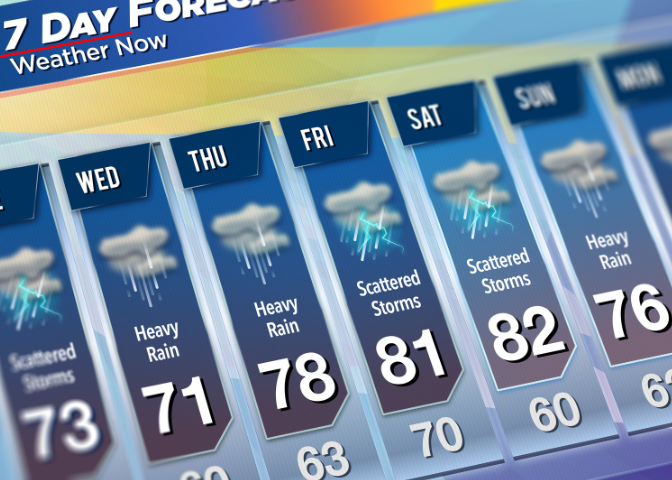
What is a Smart Contract?
A smart contract is an automated computer program that executes an agreement between two parties, such as a construction contract. It self-executes once the agreed conditions are met and is designed to eliminate third-party involvement, streamlining project admin and contract management.
The smart contract is stored on a blockchain and programmed in such a way that all parties can see the progress of the project and be sure that each party is held accountable for their respective tasks. Generally, a construction contract is a binding agreement between two or more parties and outlines the duties, responsibilities, and expectations of each party involved. The parties may be individuals, organizations, or even governments. Smart contracts are different because they are computer-generated and self-executing. In other words, once all the agreed conditions are met — such as the payment of a fee, the exchange of materials, or the completion of a task — the contract will be executed automatically.
Benefits of Smart Contracts in the Construction Industry
The benefits of smart contracts in construction are many and include reduced costs, increased transparency, reduced risk, and streamlined project management.
Let’s break down these benefits to understand how they can improve various aspects of the construction process:
Reduced Costs – The automation of the contract process will eliminate the need for many intermediaries and reduce the overall costs associated with the project. Increased Transparency – The transparency of each party’s actions will be visible to the other parties involved in the project. This promotes trust and minimizes any concerns about non-performance.
Streamlined Contract Management – Smart contracts can provide warnings when you are close to breaching trigger points. This results in better contract management between contractors and clients.
Reduced Risk – Because all parties are held accountable for their respective tasks, and because all conditions of the agreement are programmed into the contract, risk will be reduced
How do Smart Contracts Work?
A smart contract is computer code that is stored on a distributed ledger (a database that can be accessed by anyone). The code is executed when certain conditions are met, such as the exchange of materials, the payment of fees, or the completion of a task. A distributed ledger is a database that is not kept in one centralized place. Instead, it is stored across a network of computers, which means no single entity has control over the database. Distributed ledgers are often referred to as “decentralized ledgers” because no one party controls the information.
First, you’ll need to select an appropriate platform. Then, you’ll need to create the parameters of the contract and consider how many parties will be involved and require access. Once the smart contract has been created, it can be deployed to the blockchain. Depending on the blockchain platform, this process can take anywhere from a few hours to a few days. The initial costs of implementing a smart contract will vary depending on the platform you decide to use. However, once the code has been created, deployed, and tested, the costs will decrease since there will be no maintenance costs associated with the smart contract.
What are Weather Smart Contracts?
Weather smart contracts, or weather-indexed contracts, are used to manage risk associated with the fluctuation of weather conditions. For example, weather smart contracts are used for construction projects in areas that are subject to extreme weather conditions, such as hurricanes, earthquakes, floods, and tornadoes.
Weather-indexed contracts are essentially insurance contracts that protect the parties involved in the project from unforeseen weather conditions. Weather-indexed contracts are used when the project relies on specific weather conditions, such as the planting and harvesting cycles of crops, solar energy production, or the availability of hydroelectric power. Since weather conditions cannot be predicted with 100% accuracy, contractors and project owners will often use weather-indexed contracts to protect their investments. When the weather does not meet the agreed conditions specified in the contract, the project owner will be entitled to a payment from the insurance company via the construction contractor. With smart contracts, the process of accessing these payments is automated and streamlined, making them much more efficient than traditional construction contracts.
Why does Construction Need Smart Contracts?
The construction industry is reportedly worth over $10 trillion and accounts for around 7% of global employment. However, the industry is plagued by high rates of non-performance and project cancellation, as construction projects are large and complex operations with multiple types of risks making contract management a difficult process. Smart contracts make construction contract management much more efficient.
Because construction contracts are often based on paper-based agreements, they are hard to enforce. This means that parties often fail to meet contractual obligations and are unlikely to be held accountable. Additionally, communication between project owners, contractors, subcontractors, and suppliers is often done verbally, which increases the risk of miscommunication. Smart contracts digitize and automate the contract management process, helping build greater trust and accountability between parties, prevent miscommunication, and improve transparency of each party’s actions.
The construction industry has not yet fully embraced the proven benefits of smart contracts. However, as the industry evolves, smart contracts will become increasingly critical to meet the needs of project owners, contractors, and suppliers. With the reduced costs, increased transparency, reduced risk, and streamlined project management, it is clear that the construction industry can benefit greatly from smart contracts.



